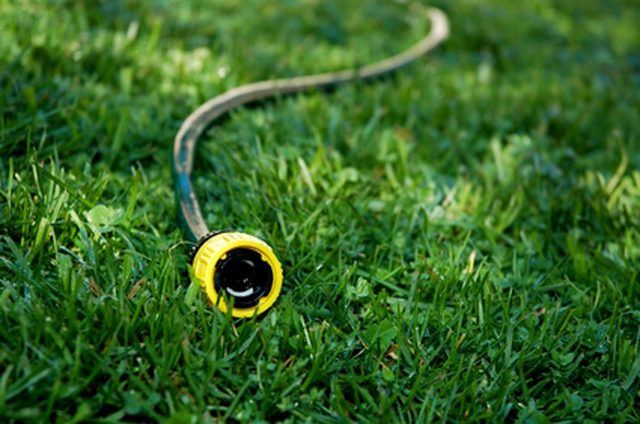Bulbs
Flower Basics
Flower Beds & Specialty Gardens
Flower Garden
Garden Furniture
Garden Gnomes
Garden Seeds
Garden Sheds
Garden Statues
Garden Tools & Supplies
Gardening Basics
Green & Organic
Groundcovers & Vines
Growing Annuals
Growing Basil
Growing Beans
Growing Berries
Growing Blueberries
Growing Cactus
Growing Corn
Growing Cotton
Growing Edibles
Growing Flowers
Growing Garlic
Growing Grapes
Growing Grass
Growing Herbs
Growing Jasmine
Growing Mint
Growing Mushrooms
Orchids
Growing Peanuts
Growing Perennials
Growing Plants
Growing Rosemary
Growing Roses
Growing Strawberries
Growing Sunflowers
Growing Thyme
Growing Tomatoes
Growing Tulips
Growing Vegetables
Herb Basics
Herb Garden
Indoor Growing
Landscaping Basics
Landscaping Patios
Landscaping Plants
Landscaping Shrubs
Landscaping Trees
Landscaping Walks & Pathways
Lawn Basics
Lawn Maintenance
Lawn Mowers
Lawn Ornaments
Lawn Planting
Lawn Tools
Outdoor Growing
Overall Landscape Planning
Pests, Weeds & Problems
Plant Basics
Rock Garden
Rose Garden
Shrubs
Soil
Specialty Gardens
Trees
Vegetable Garden
Yard Maintenance
Milky Spore Health Risk
Milky Spore Health Risk. Homeowners may have heard about using milky spore to control grubs and improve lawns, but few understand exactly what it is and how it is used. Milky spore is a bacteria that is used to control Japanese beetles and similar species. Since it is a completely natural material, it does not adversely affect pets, humans or the...

Homeowners may have heard about using milky spore to control grubs and improve lawns, but few understand exactly what it is and how it is used. Milky spore is a bacteria that is used to control Japanese beetles and similar species. Since it is a completely natural material, it does not adversely affect pets, humans or the environment. There are no known health risks associated with milky spore use, but care should be taken when working with the bacteria.
About Milky Spore
Milky spore, or bacillus popilliae, is a bacteria that dwells naturally in soil. It is a rod-shaped bacterium that infects the grubs of Japanese beetles, which can cause serious damage to lawns and gardens. These grubs can dig deeper into the soil and survive during the cold months. Milky spore in the soil is eaten by the grubs during their active feeding season in the summer months. The bacteria reproduces inside the grub, killing it within 7 to 21 days. As the infected grub decomposes, it releases more milky spore into the soil. The spores can survive in cold weather and in drought conditions to continue to kill Japanese beetle grubs.
How Milky Spore Is Used
Milky spore should be applied once with 1 tsp. placed every 4 feet. It should create a sort of checkerboard pattern across the lawn when applied, in order to make sure the lawn is fully covered. Each of the spots will contain as much as 100 million spores. Milky spore is too light to be applied with a broadcast spreader, so it must be applied by hand in concentrated form. Then, water the treated area to soak the spores into the soil. An oscillating sprayer used for 15 to 20 minutes over the treated area is sufficient to make the spores available for the grubs to eat. It is best used in late September or October in overcast conditions, according to the North Carolina State University Extension Service.
Benefits of Milky Spore
Milky spore does not work as quickly as chemical pesticides, but it is much safer for the environment and for areas where children and pets may be in contact with it. It only kills the grubs of Japanese beetles and other related insects, so insects that benefit plants are not killed. Also, you only have to apply it once.
Health Risks of Milky Spore
Milky spore is not toxic to humans or animals, but the spores are in a powder carrier form that can irritate eyes and throat. It also contains chalk. Wheezing, shortness of breath, tightness in the chest and coughing may occur in those with preexisting respiratory problems such bronchitis, emphysema or asthma.
Protecting Yourself When Using Milky Spore
Follow the package directions carefully when using milky spore. Using a mask and goggles will help prevent irritation.